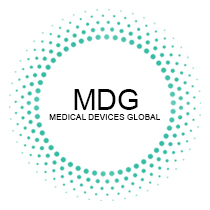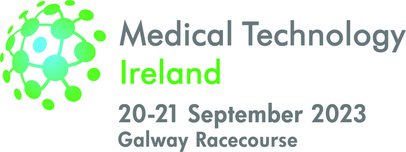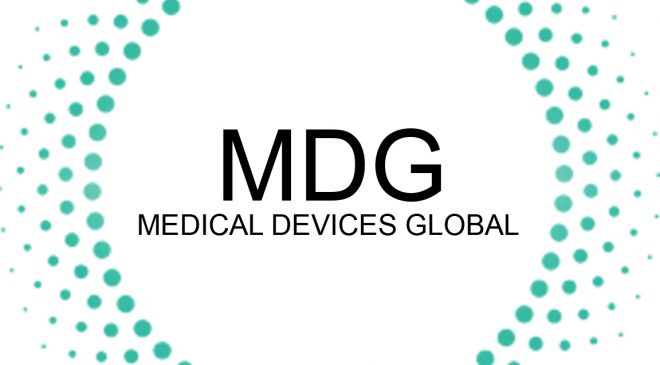In the ever-evolving world of medical devices, staying at the forefront of innovation is paramount. This article provides a deep dive into the latest groundbreaking developments and insights in medical device technology, highlighting how these innovations are poised to transform healthcare.
1. Advanced Materials Revolutionizing Device Design
The choice of materials in medical device manufacturing is undergoing a revolution. From biodegradable implants to smart materials that respond to the body’s cues, innovation in materials is enhancing device performance, biocompatibility, and durability.
2. Wearable and Implantable Biosensors
The integration of biosensors into wearable and implantable medical devices is unlocking new possibilities for real-time health monitoring. These sensors can track vital signs, glucose levels, and even specific biomarkers, enabling early disease detection and personalized treatment.
3. Artificial Intelligence in Diagnostics and Decision Support
AI is becoming increasingly integral to medical device technology. Devices equipped with AI algorithms can analyze complex data streams, aiding in diagnostics, treatment recommendations, and predictive analytics. This technology enhances clinical decision-making and patient outcomes.
4. 3D Printing for Customized Solutions
3D printing has transformed medical device manufacturing. It allows for the creation of patient-specific implants, prosthetics, and even pharmaceuticals. This technology is paving the way for highly personalized healthcare solutions.
5. Minimally Invasive Surgical Innovations
Advancements in minimally invasive surgical techniques are reducing patient trauma, recovery times, and healthcare costs. Robotics, guided by AI, are enabling more precise and efficient procedures, while teleoperation is expanding access to expert surgeons worldwide.
6. Telemedicine-Integrated Devices
The rise of telemedicine has prompted the integration of communication and diagnostic tools into medical devices. These devices can facilitate remote consultations, enabling healthcare providers to deliver care to patients wherever they are.
7. Nanotechnology for Targeted Therapies
Nanotechnology is allowing for the development of highly targeted therapies. Nanoparticles can deliver medications precisely to affected cells or tissues, minimizing side effects and increasing treatment efficacy.
8. Next-Generation Imaging Technologies
Medical imaging continues to evolve with the introduction of innovations like spectral CT, functional MRI, and high-resolution ultrasound. These technologies offer greater diagnostic accuracy and improved visualization for healthcare providers.
9. Human-Machine Interfaces
Brain-computer interfaces (BCIs) and neuroprosthetics are at the forefront of human-machine interaction. These devices can restore mobility and communication for individuals with paralysis or severe neurological conditions.
10. Environmental Sustainability in Device Manufacturing
The healthcare industry is increasingly focused on environmental sustainability. Innovations in eco-friendly materials and manufacturing processes are reducing the carbon footprint of medical device production.
Conclusion: Shaping the Future of Healthcare
The rapid pace of innovation in medical devices is transforming healthcare as we know it. These developments hold the promise of more personalized, efficient, and effective patient care. Staying informed about the latest insights and breakthroughs in medical device technology is essential for healthcare professionals, manufacturers, and patients as they embrace the future of healthcare. Medical Devices Global remains committed to providing comprehensive coverage and insights into the dynamic world of medical device innovation and its transformative impact on the future of healthcare.



